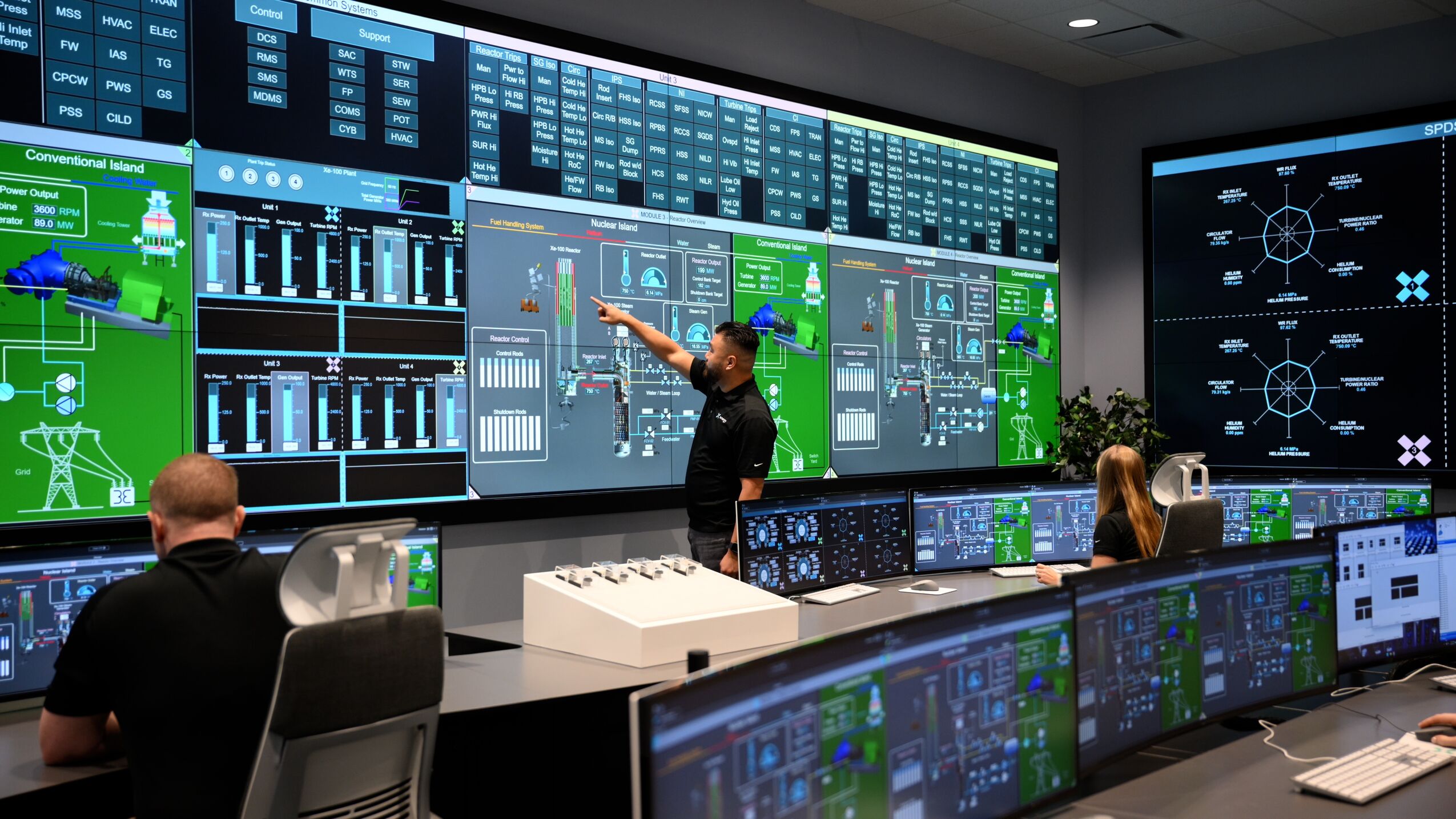
Amazon has announced its involvement in developing small modular reactor (SMR) nuclear power technology through three new agreements, joining the growing number of tech companies seeking advanced nuclear solutions to meet surging electricity demands and climate goals.
This announcement closely follows Google’s recent deal to purchase electricity from advanced nuclear reactors, signaling a broader push by the tech sector toward carbon-free energy sources.
Developing SMRs with Energy Northwest
Amazon’s agreements include a partnership with Energy Northwest, a consortium of public utilities in Washington state, to develop four SMRs near its existing nuclear facility in Richland. Amazon will fund the initial feasibility phase of the project, which, if completed, would give the company the right to purchase electricity from four modules capable of generating 320 MW.
Energy Northwest has the option to expand the project to 12 modules, with a total output of 960 MW, potentially supplying power to over 770,000 US homes. Amazon would also benefit from any additional electricity generated, which would be available for other businesses and residential areas.
Backing X-Energy’s SMR Reactor Plans
Additionally, Amazon is investing in X-Energy, a startup developing the advanced nuclear technology that will power the Washington project. X-Energy has been working on its high-temperature gas-cooled reactor design, known as Xe-100, since 2020. Amazon’s investment is part of a broader $500 million Series C-1 financing round intended to complete the reactor’s design and licensing, as well as to support the development of a fuel fabrication facility in Oak Ridge, Tennessee.
The collaboration between Amazon and X-Energy also sets ambitious targets, aiming to bring 5,000 MW of new SMR projects online across the US by 2039, making it the largest commercial deployment of SMRs to date.
Exploring SMRs with Dominion Energy
In addition to the Washington project, Amazon is exploring another SMR development in Virginia with Dominion Energy. The plan centers on constructing an SMR near the North Anna nuclear power station, with the potential to generate 300 MW.
Virginia is a significant hub for data centers, and Dominion Energy expects electricity demand in the state to double in the next 15 years, making this SMR project an attractive solution to meet the growing energy needs.
Potential Benefits and Economic Hurdles
SMRs, unlike traditional nuclear reactors, are smaller and can be manufactured in a factory, which is expected to reduce construction costs. They are also considered faster to build and easier to site, offering continuous power generation regardless of weather or time of day—an advantage over renewable sources like solar and wind.
However, SMRs are still subject to regulatory approvals, and the economic challenges that face nuclear projects remain. For instance, NuScale, the only US company with an SMR design license, had to cancel its first SMR project in Idaho due to rising costs.
Nuclear energy has become increasingly attractive to tech companies such as Amazon, Google, and Microsoft as they struggle to meet the ambitious climate commitments they made in recent years. Data centers, particularly those used to train AI systems, consume large amounts of electricity, contributing to their growing carbon footprints. Amazon, Google, and Microsoft all have larger carbon emissions today than when they initially made their climate pledges.
While nuclear energy offers a potential solution, it also raises environmental and health concerns. Critics point to the risks associated with uranium mining and enrichment, as well as the unresolved issue of long-term storage for radioactive waste. Advocates, like Johanna Neumann from the Environment America Research & Policy Center, continue to urge Big Tech to prioritize energy efficiency in their data centers and pursue renewable energy solutions that pose fewer risks.
Featured Image courtesy of Amazon
Follow us for more tech news updates.
